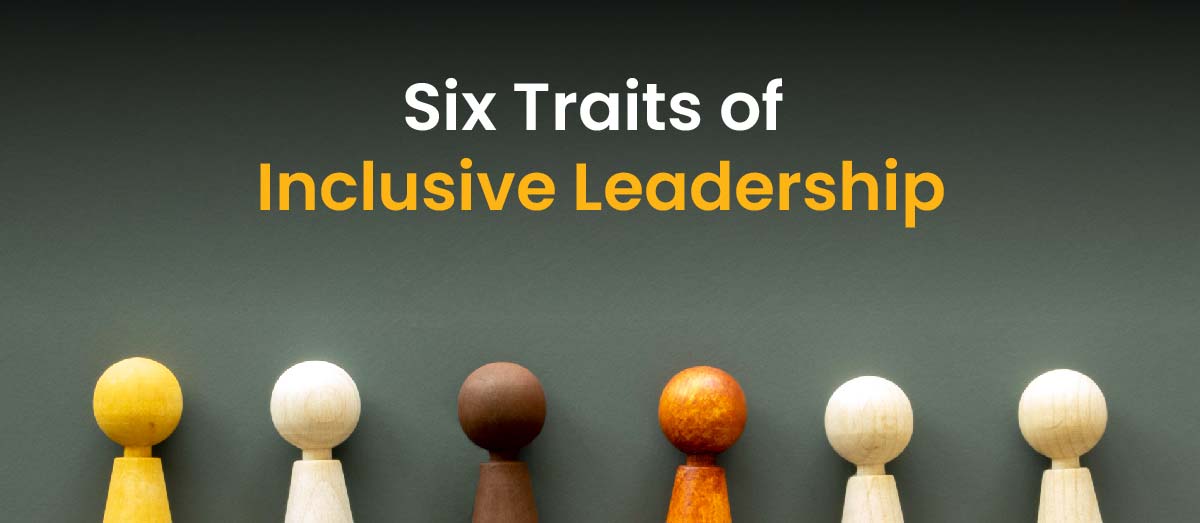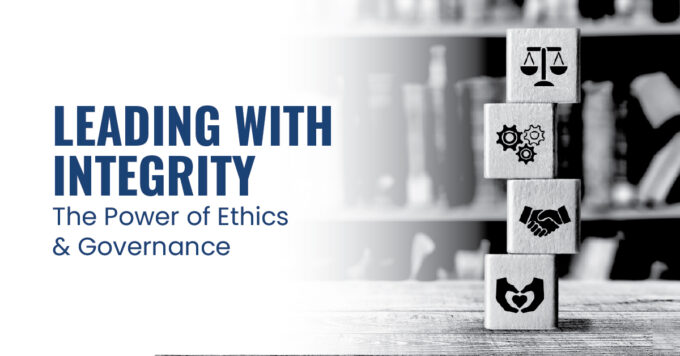Leading inclusively in the rapidly changing, interconnected world today is no longer a “nice-to-have” ability but an imperative necessity. The diversity in markets, customers, ideas, and talent pools calls for adjusting the leadership styles to optimize the usage of change. Inclusive leadership focuses on the value that diversity adds, which allows for better innovation, equality, and success for the organization.
Let’s consider six defining characteristics of inclusive leaders and how those qualities can be applied in building a lively, inclusive environment.
1. Strong Commitment to Diversity
The commitment to diversity and inclusion of inclusive leaders is deep, driven by personal values and a sound understanding of the business case. Such commitment is not just rhetorical but also reflected in their actions and decisions-for instance, setting challenging diversity goals, committing resources to achieve them, and holding themselves and their teams accountable for making progress.
This intense commitment often stems from a genuine belief that diversity brings creativity, enhances problem-solving ability, and increases the general performance of the business. Studies indicate that companies having diverse executive teams are more likely to outperform peers in terms of profitability, at 33%.
2. Daring to Rock the Boat
Braver leaders would discuss status quo issues on diversity and inclusion issues and uncomfortable situations about that as well. They speak against biases and inequalities despite becoming uncomfortable and unpopular to discuss. They intend to make an inclusive culture both personally and professionally.
For example, a leader may need to speak to a colleague about their derogatory remarks or advocate for policies that support justice, knowing at the moment of their action those actions will not be popular. Such courageous leaders know it takes guts and the willingness to fight for the right thing regardless of any backlash.
3. Sensitizing and Reducing Bias
These include acutely understanding one’s personal biases, which are earnestly fought; an understanding of how unconscious biases can cause decisions in a way that leads to unfair outcomes, and being careful of all this, one hopes to establish fair and just processes and systems. This may include bias training, informing decisions with data, and building a culture of continuous learning and self-reflection.
For example, a leader can use blind recruiting to ensure that the decision to hire is based on merit rather than unconscious bias. According to research studies, diverse teams are better for making decisions, and this includes an impressive 87% improvement, which explains the critical need to address bias fully in order to tap into the total potential of a diverse workforce.
4. Curiosity for Different Perspectives
Curiosity makes an inclusive leader curious about other perspectives and experiences. They have an open mind, and a desire to learn from other people because different perspectives can contribute to better decision-making and innovation. It includes the listening attitude of others, insightful questions, and preparedness to change one’s mind on the basis of new information.
For example, an inquisitive leader might ask for employee feedback from people from different backgrounds so that they understand their unique problems and ideas. This open-minded learning and growth can create a culture of inclusion where everyone feels valued and heard. Research has shown that organizations that embrace inclusive cultures are twice as likely to meet or exceed financial goals and six times more likely to be innovative and agile.
5. Cultural Intelligence and Adaptation
A culturally intelligent leader is in an excellent position to navigate and respect differences in cultures. They find a deeper sense of understanding diverse cultural norms and values, and thus, they can interact very well with people from other backgrounds. This attribute encompasses maintaining an awareness of one’s cultural identity, respect for others’ cultural identities, and adjustments made to fit different cultural contexts.
For example, a culturally intelligent leader would modify his mode of communication to embrace and incorporate many cultural norms. Such an ability to bridge the cultural divide is an important characteristic in our globalized world where cross-cultural relations are more the rule than the exception. Leaders who score high on the cultural intelligence scale tend to develop coherent teams that work well across cultural boundaries.
6. Encouraging Collaboration and Cooperation
Inclusive leaders help create an environment where diverse teams can thrive. They know that collaboration is key to the full realization of the value of a diverse workforce. This quality includes creating belongingness, teamwork, and making sure that every voice is heard and valued. Additionally, the inclusive leader is aware that powerful relationships and connections are the most important factors that help achieve this aim for more effective collaboration.
For example, they can organize teams to solve certain complex problems, and hence different opinions can be considered during the decision-making process. Inclusive teams make better decisions than other teams, 87% of the time, and produce results that are 60% more effective.
Leadership in Inclusive Organizations: Building Your Skills
Inclusive leadership is a journey that requires constant effort and self-reflection. Leaders can start with the following:
Educate themselves: They should try to find learning or training events on diversity, equity, and inclusion. It involves reading books and attending workshops and training programs.
Seeking Feedback: Regularly request input from colleagues and fellow team members about your practice of inclusion. Use that input to identify areas in need of improvement.
Reflecting on Biases: Take time to reflect on your own biases and how they might influence your choices and interactions. Consider tools like implicit bias tests that can uncover unconscious biases.
Build Diverse Networks: Strive for relationships with people, different perspectives, and sources. Engagements with the same will enrich and deepen one’s understanding and appreciation for diversity.
Promote Inclusive Practices: Develop policies and practices that will create an inclusive workforce in your organization. These include various hiring practices, inclusive meetings, and more.
Leadership by Example: Leadership should hence be demonstrated through daily actions and decisions. Your interaction with all people should reflect a commitment to inclusion in every dimension.
MANTHAN 5.0 at FIIB
In today’s world, where inclusivity is essential for building resilient and sustainable workplaces, MANTHAN 5.0—organized by Fortune Institute of International Business (FIIB), New Delhi—brought together industry leaders, aspiring managers, and educators to share fresh insights on creating inclusive business environments. Held on October 26, 2024, at the Ishwar Dayal Auditorium, FIIB, the event inspired participants to view inclusivity as a core driver of effective leadership and growth. Read the full story here.














Leave a comment